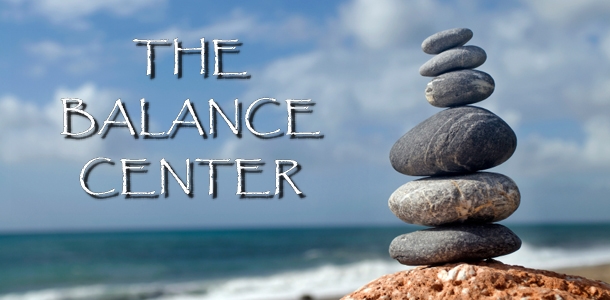Coulda, woulda, shoulda – sound familiar?
- 08
- December
- 2020
Do you ever play the “Coulda, Woulda, Shoulda” game? You know, where you second-guess yourself and say, “I coulda, woulda, shoulda ________! You fill in the blank. Often it involves opportunities that you let pass by without taking action on them. It can be financial opportunities such as not buying stock or real estate when it was super cheap or it can include not pursuing a romantic relationship.
The game can also include things that you did do that you should not have done or you wish you could or would have done them differently. The list can be endless. You get the picture. It’s about regrets. Everyone has their “coulda, woulda, shoulda” stories.
Regrets are negative emotions that are self-focused, not always factual and imply there’s fault for actions taken or not taken. It’s easy to have regrets and regrets can lead to remorse for the hurt that has been caused to oneself or others. Mercedes Lackey has another way of saying it. She said, “If only. Those must be the two saddest words in the world.”
Research shows that regrets can have negative effects on mental and physical health. People with serious regrets beat themselves up emotionally, lose sleep, eat unhealthy foods, and can feel anxious and depressed.
Some of the areas that people feel regrets about choices they made include: education, career, relationships, not being the kind of person they think they should be and leisure time.
They look at the past and can feel so bad about it that they have trouble moving forward to create a new and better future.
A friend and a leader we greatly admire, Iman Aghay, told us how he learned about regrets.
He also shared his story in a TEDx talk on www.YouTube.com. Shortly before his 27th birthday, he started bleeding internally and was told he might not make it to see the next day.
As he held his wife’s hand, he thought about what he would regret if he died and he asked himself three questions. First, “What would I regret?” He wanted to be sure he lived life true to himself. Next, he asked, “What did I make of my life?” Iman wanted to be able to “inspire and help more people.” He also wanted to be true to his heart and plan and live a life of his dreams. The final question he asked was, “What would I change if I survived?” He wanted to get rid of small habits that can waste precious life with meaningless activities such as watching too much TV. Iman survived his health challenges and now has a new perspective on life. He said, “I see every single morning as a gift that can shape your life.”
Iman also saw his father, who planned on retiring to enjoy life at age 53, instead being diagnosed with ALS (Lou Gehrig’s disease) at 50 and he passed away at age 53. Iman was determined to live his with no regrets!
In her book, The Top Five Regrets of the Dying, author Bronnie Ware, who was a palliative caregiver, said people wished: 1. They were true to themselves rather than living life for others. 2.They hadn’t worked so hard. 3. They had expressed their feelings more. 4. They had stayed in touch with friends. 5. They had allowed themselves to be happier.
You don’t have to be on your death bed to recognize what you might regret. Here are some suggestions. Start living life now with no regrets. Live life boldly and don’t let fear stop you from your dreams. These actions may take you out of your comfort zone but they’ll help you craft the life you want. Be sure to ask for what you want. We always say, what do you have to lose? If you are asking for something, it means you don’t have it, so you won’t lose it – you can only possibly gain it! And if you don’t gain it, as least you’ll have learned something and you can either try again or be satisfied that you asked. Next, let yourself and your ideas be unique. Learn to trust your gut, take action and do what’s meaningful to you.
Catherine Pulsifer said, “Don’t live your life regretting yesterday. Live your life so tomorrow you won’t regret today.”
What about you? What do you want to do about any regrets you have? We encourage you to avoid the “coulda, woulda, shoulda” times by going forward in life. Allow yourself to get out of your comfort zone so you can live your life to the fullest with few or no regrets!
Chanhassen MN residents, Doug and Lynn Nodland are success coaches and owners of The Balance Center in Excelsior. Contact them at WeCare@TheBalanceCenter.com
© Doug and Lynn Nodland 2020 Articles and videos may be shared in their entirety with attribution.
Search:
Categories
Archives
- April 2024
- March 2024
- February 2024
- January 2024
- December 2023
- November 2023
- October 2023
- September 2023
- August 2023
- July 2023
- June 2023
- May 2023
- April 2023
- March 2023
- May 2021
- April 2021
- March 2021
- February 2021
- January 2021
- December 2020
- November 2020
- October 2020
- September 2020
- August 2020
- July 2020
- June 2020
- May 2020
- April 2020
- March 2020
- February 2020
- January 2020
- December 2019
- November 2019
Contact Us
Doug Nodland J.D.
684 Excelsior Boulevard
Suite 120
Excelsior, MN 55331
952-452-2664
WeCare@TheBalanceCenter.com

